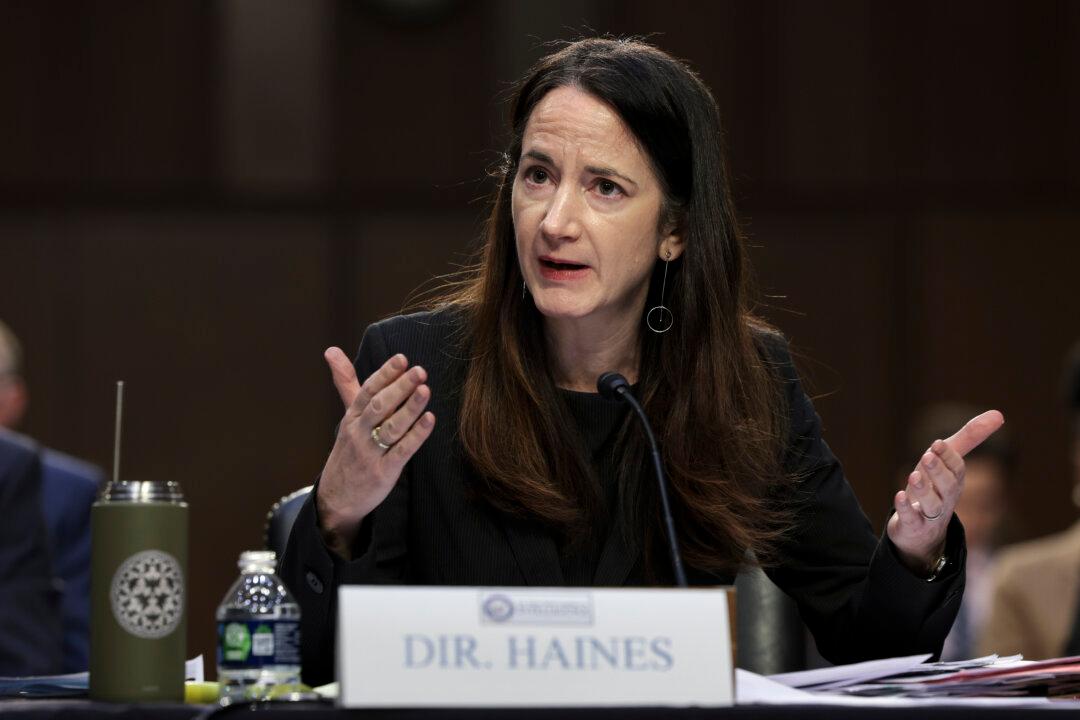The Director of National Intelligence, Avril Haines, has warned that overclassifying too much information can “undermine” national security and “critical democratic objectives.”
Haines raised her concerns at a two-day conference titled “America’s Secrets: Classified Information and Our Democracy” which was held at the Lyndon B. Johnson Presidential Library (LBJ Library) in Austin, Texas, last week.




